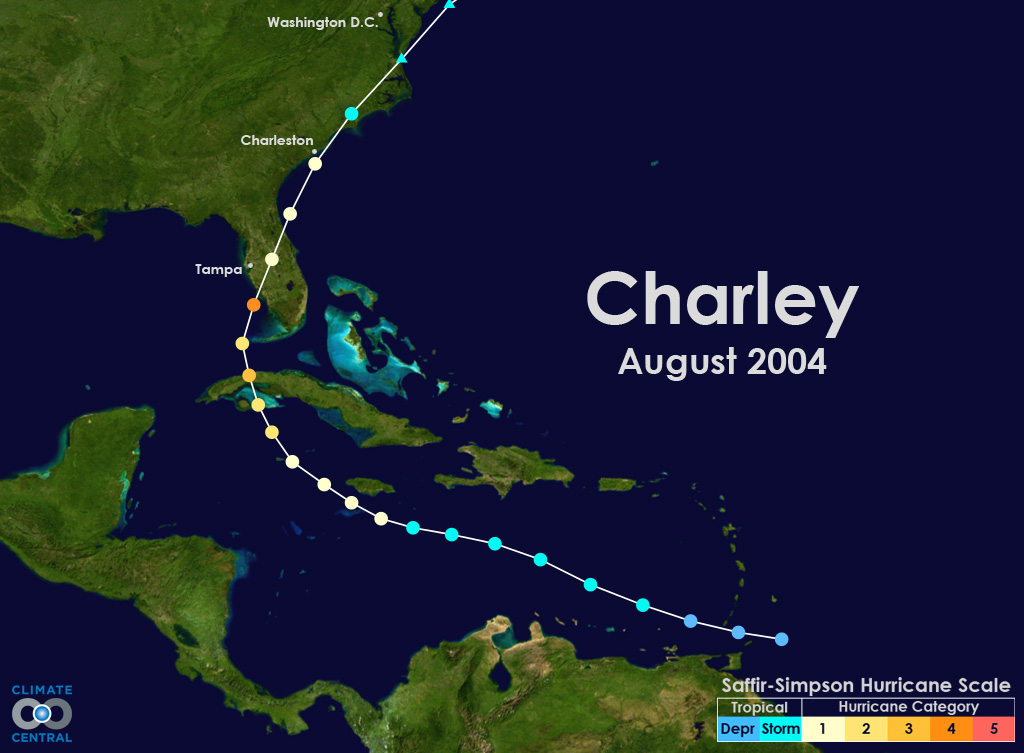Yep, this guy gets it. Again, it's the reason I made this thread.
It happened to anesthesia and its going to happen to us. At least for anesthesia they're on other side of that transition.
I guess I better start planning to staff an ED in a very rural area or accept that my services will be worth only 100/hour.
Better find my exit strategy sooner than later...
Anesthesia is on the other side? How do you mean? Their incomes are just now beginning to take a hit. I don't think anesthesiologts believe they are on the other side. The CRNA schools have been rapidly increasing for the last few years. Graduates are at an all time high.
Other than surgery, what field isn't experiencing midlevel creep? Rads and path? Those job markets aren't amazing. Cardiology has already gone through this "saturation" and I know plenty of cardiologists working in any city doing just fine. There's this irrational fear of physicians that if it isn't easy for 100% of physicians to get a job, then there's trouble. What profession known to humanity has such a low unemployment rate? What EM physician today is unemployed? Which physicians are unemployed?
Instead of planning to staff a rural ED, you could plan to be in the top 10-20% of your field as far as efficiency, knowledge, attitude, bedside manner and teamwork. Throw in some networking skills and you're set. I'm sure a physician with those skills won't have trouble with employment for the next 100+ years.
Anyhow, the doom and gloom attitude in every field on SDN generally forgets that the problems are
systemic and not specialty dependent.
To the article by Andy Walker, MD FAAEM
Our specialty has yet to face up to this ugly reality, and has
yet to adjust the number of residency programs and slots accordingly. I
believe we have two choices. We can either continue towards our goal of
filling every emergency medicine job in the United States with an EP —
accepting a huge cut in average pay in the process — or we can accept
a future in which EPs spend most of their time supervising PAs and NPs,
intervening in only the most serious or difficult cases.
This is an interesting slant, we should proactively seek to fill PAs and NPs into emergency departments and pursue a more managerial role. Lower the residency spots... so we can keep our average incomes higher.
I think this is wishful thinking. Let's say 4 EPs earn 250k - then they are replaced by 2 EPs and 4 midlevels @ 75k each. The labor costs have gone from 1 million down to 800k and Dr. Walker is arguing that because of the low acuity patients, they could probably get by just as well as the 4 EPs. Where does the 200k go? To the CEOs or to the government. EP salaries won't increase in this situation.
The other argument is that the money will run out, and this strategy will prevent the salary dropping to 200k or 170k, pick whatever # you want. I guess this is possible, but questions I would ask.
Dr. Walker says:
What percentage of an ED’s
patients must have flagrantly trivial problems, before staffing that ED
entirely with emergency physicians becomes impractical — especially
when few of those patients pay their bills? Is it 30%, 60%, 75%, 90%?
He uses the example of 30%, what if some of the hospitals had 75%. That means that in an oversupply of PAs and NPs, which could easily be coming (see CRNA/anesthesia), hospitals like this could lose 75% of their EPs. How in the world is it good for the specialty to train PAs and NPs to do 75% of the work and hence eliminate 75% of the need of the EPs.
Here's some interesting questions:
-What percentage of FM visits require an MD? 20%? 50%?
-What percentage of Allergy visits require an MD that went throught 6 years PGY training? 50%?
You could use this thought process in probably half of the fields in medicine. 1/3 to 1/2 of cases are routine or easy (cookbook) -
that's why they call hard cases HARD. They would be routine if they happened all the time.
Midlevel creep is happening in all areas of medicine whether people like it or not. To embrace this idea and then limiting the production of EPs doesn't sound smart. Part of the reason midlevels have become so popular is because physicians have limited their #'s and created tons of hoops to jump through to keep salaries and demand high. To encourage this would make the problem worse.
It's all about $$$. Listen to whitecoatinvestor and save your $, invest wisely.
My solution? I think EPs would do better to focus on excellence and adding more value to the US healthcare system. Training others to replace 3/4's of the job to keep incomes high and demand for the EPs high is a poor strategy.

